Subscribe to Our Newsletter
Stay updated with the latest tips and strategies. Get additional discounts and alerts on offers.
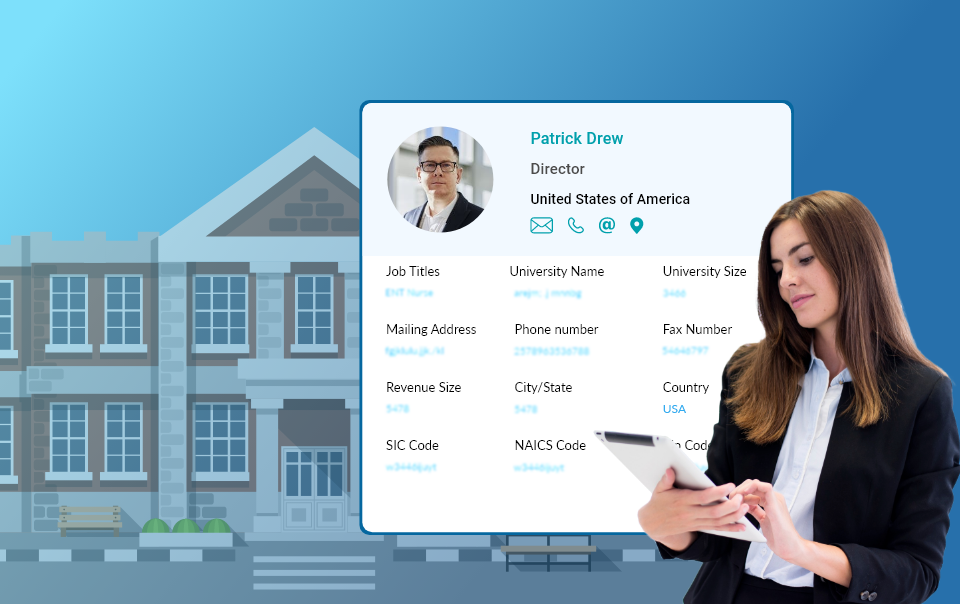
In today’s digital age, access to a reliable list of college and university emails can be incredibly beneficial. Whether you’re a business looking to market products, a non-profit aiming to engage with academic institutions, or an individual seeking to connect with educational professionals, a comprehensive email list can be invaluable. This guide will walk you through several methods to obtain college and university email lists for free. By using these techniques, you can gather contact information efficiently and ethically.
Lets get started!
A College and University Email List is a compiled collection of email addresses from individuals affiliated with educational institutions, including colleges and universities. This list typically includes contact information for various stakeholders such as:
Before diving into the methods, it’s important to understand the value of having a college and university email list. Email lists act as a direct line to a specific audience that is often eager to engage with new ideas and opportunities. Here’s how you can benefit:
A. Marketing and Promotions
If you run a business targeting students or academic staff, direct access to their emails allows you to promote your products or services effectively. Email lists enable you to craft targeted campaigns for specific segments, such as undergraduates, postgraduates, or faculty members. This approach increases the likelihood of a positive response and builds brand loyalty among a niche audience.
Email marketing is also cost-effective, allowing businesses to reach large audiences without substantial advertising investments. Personalized campaigns can foster a sense of connection and trust with the audience, enhancing the effectiveness of promotions.
B. Networking and Collaboration
Researchers, educators, and professionals can use academic email lists to facilitate networking and collaboration. This can lead to joint research projects, academic partnerships, or even job opportunities. Email lists also provide a platform for sharing ideas and resources, enabling collaboration across disciplines and institutions.
For professionals, these lists can be instrumental in finding mentors, collaborators, or peers with similar interests. By broadening your network, you gain insights that enrich your work and contribute to personal and professional development.
C. Information Dissemination
Non-profits and governmental organizations can use these email lists to disseminate important information, run awareness campaigns, or conduct surveys. Academic institutions serve as influential platforms for raising awareness and driving change. Email lists provide a direct channel for distributing newsletters, updates, and calls to action, ensuring critical information reaches its intended audience.
Now let’s explore them in detail
Now that you understand the importance, let’s explore methods to obtain college email lists for free. Each approach offers unique advantages, allowing you to choose the one that best suits your needs and technical capabilities.
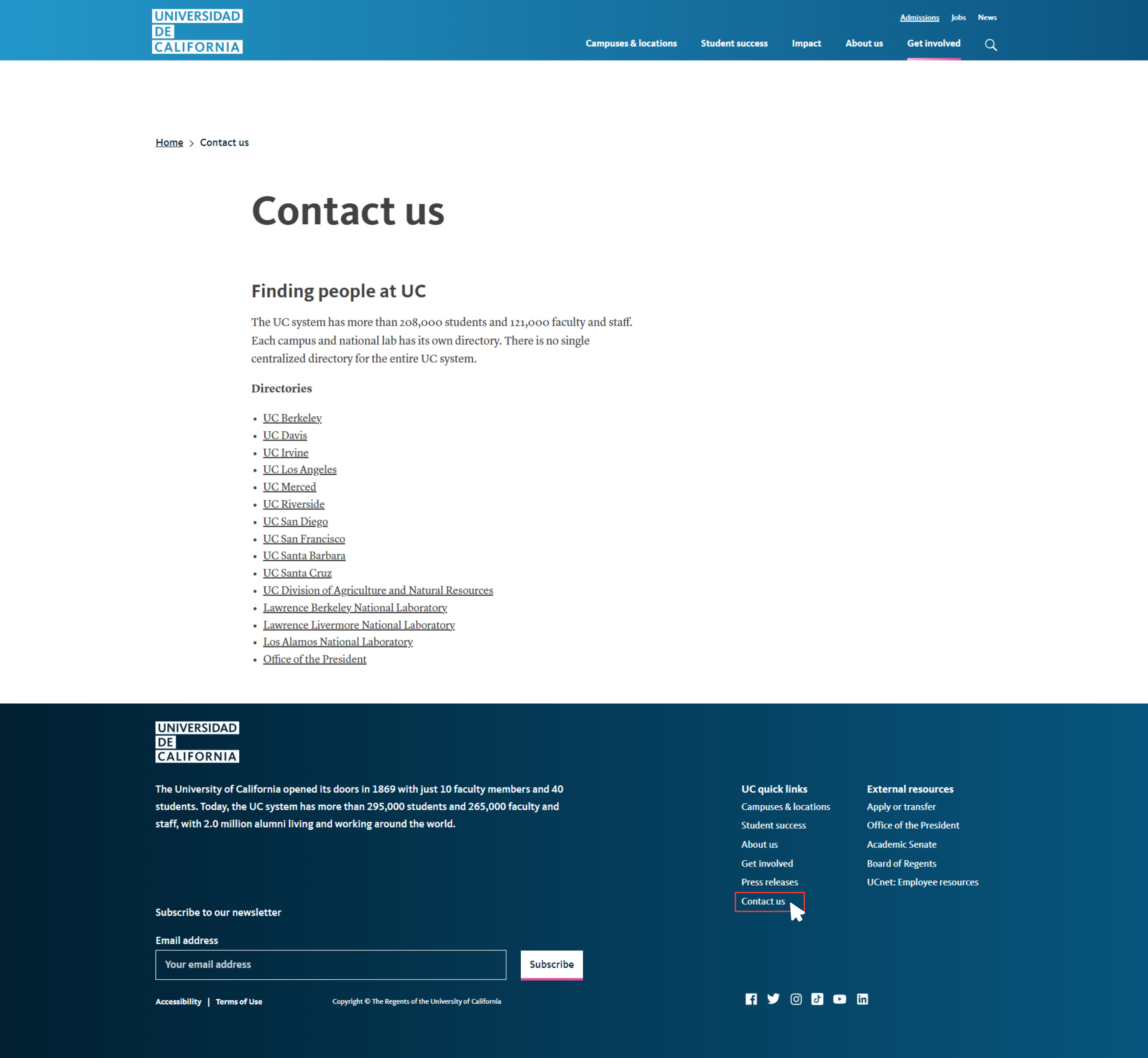
One straightforward method is to visit the official websites of colleges and universities. Most institutions have directories or contact pages where you can find email addresses of faculty, staff, and sometimes students.
Steps:
Although this method requires manual effort, it’s reliable for obtaining accurate information directly from the source. Regularly checking university websites ensures that your email list is up-to-date.
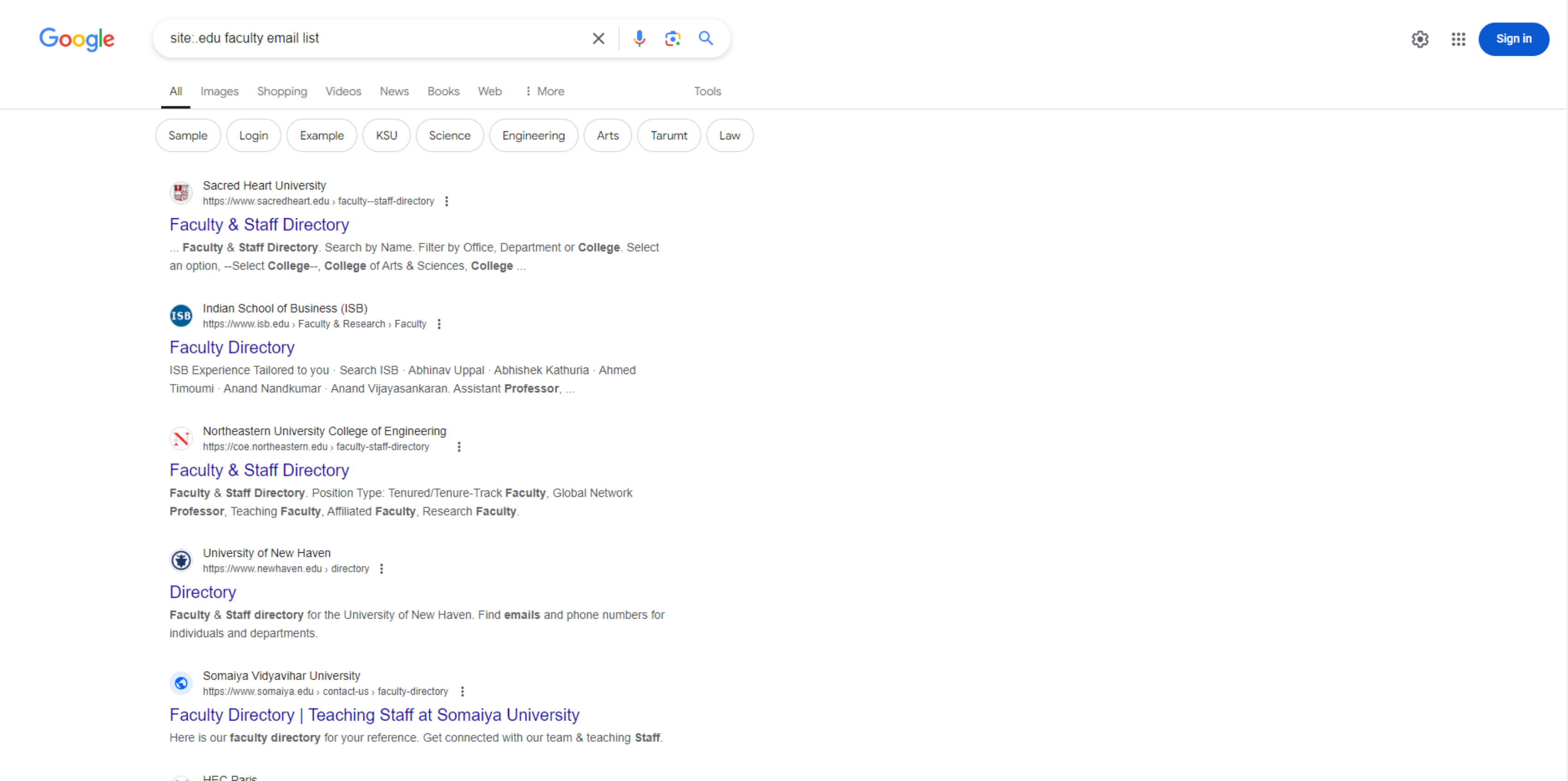
Google can be a powerful tool if you know how to use it. By employing specific search queries, you can find publicly available email lists.
Example Queries:
Enter these queries into Google to uncover hidden directories and pages on university websites. Advanced search operators can help narrow down results, making your search more precise.
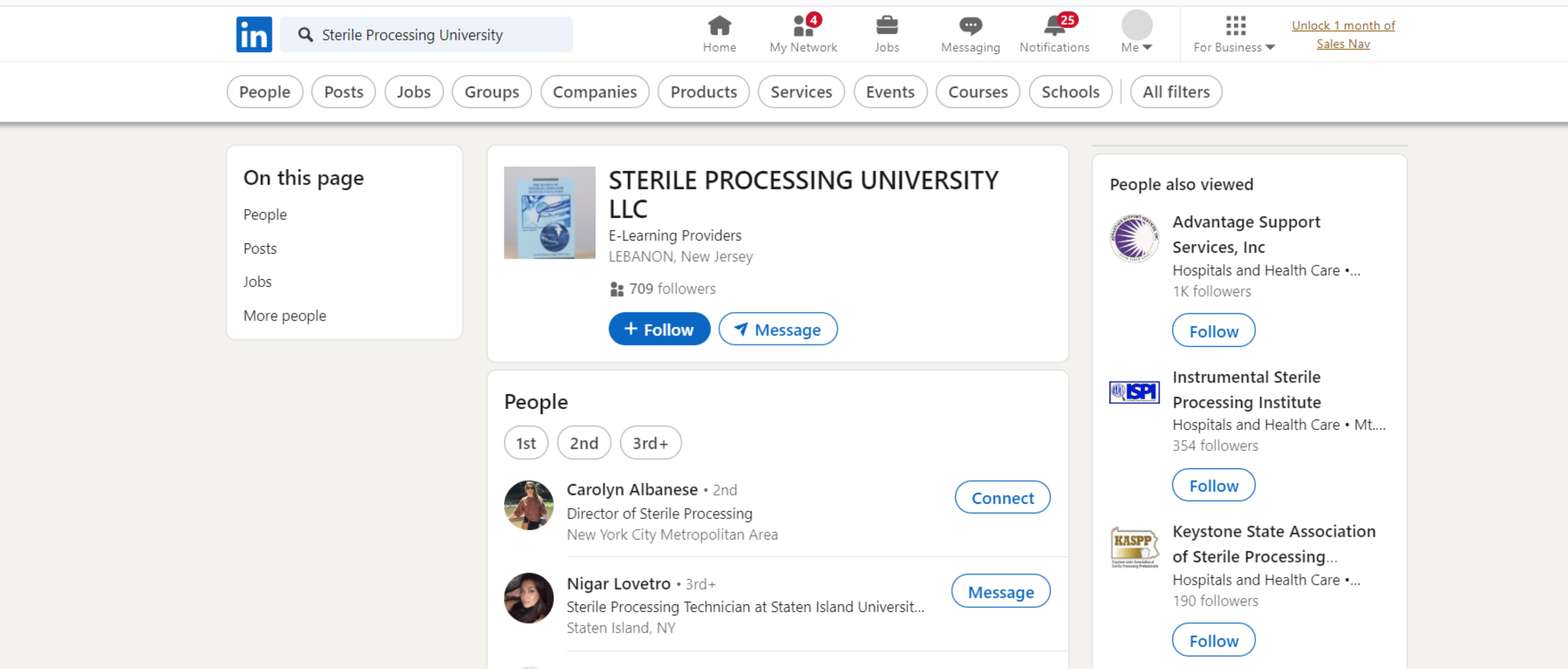
Platforms like LinkedIn, Facebook, and Twitter can also be valuable resources. Many colleges and universities have official pages where they share contact information.
Steps:
Engaging with academic communities on social media allows you to build relationships and establish a presence in the academic sphere.
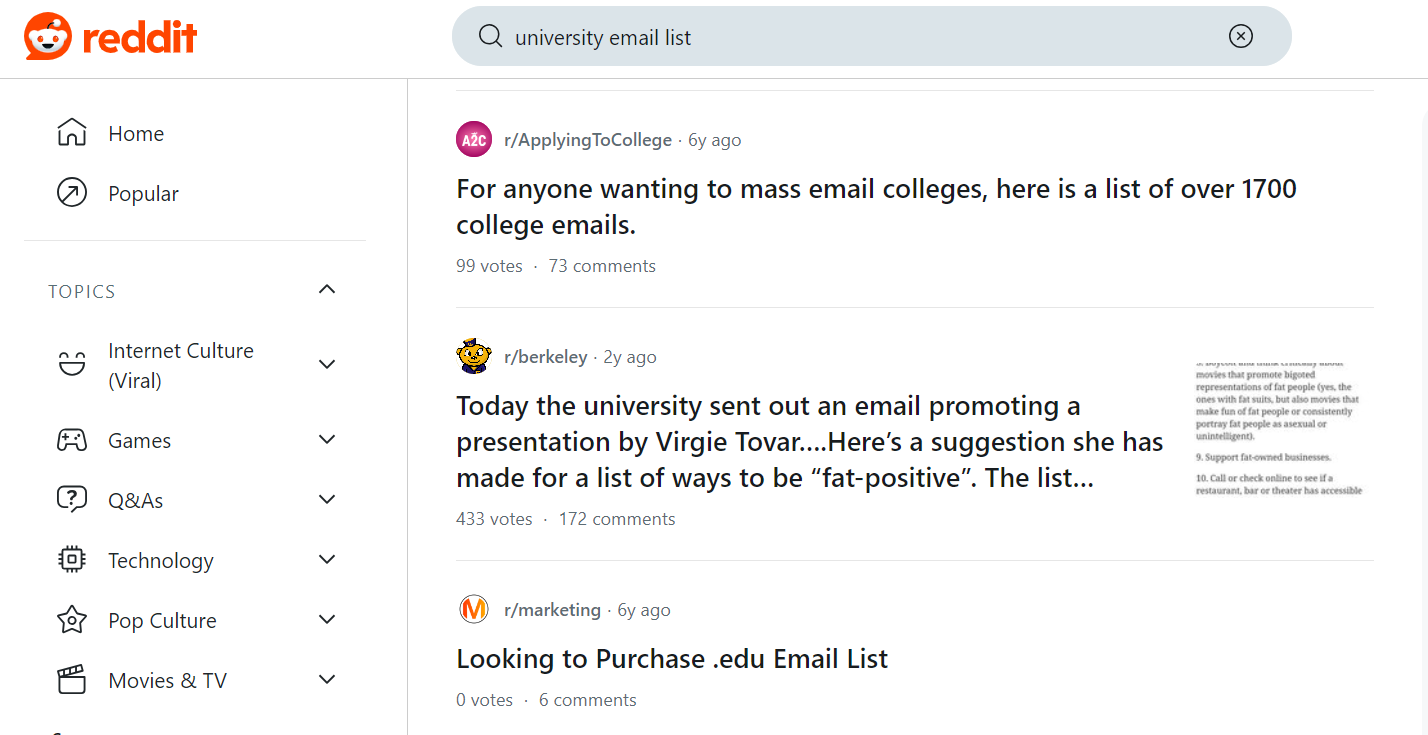
Websites like Reddit, Quora, and specialized academic forums often have threads where users share resources, including email lists.
Example Threads:
Join these communities and participate in discussions to gather the information you need. By contributing, you can establish credibility and network with others who share your interests.
In some countries, you can file a Freedom of Information Act (FOIA) request to obtain public records, which may include email lists of public universities.
Steps:
This method may take time, but it can yield comprehensive results, especially for public institutions.
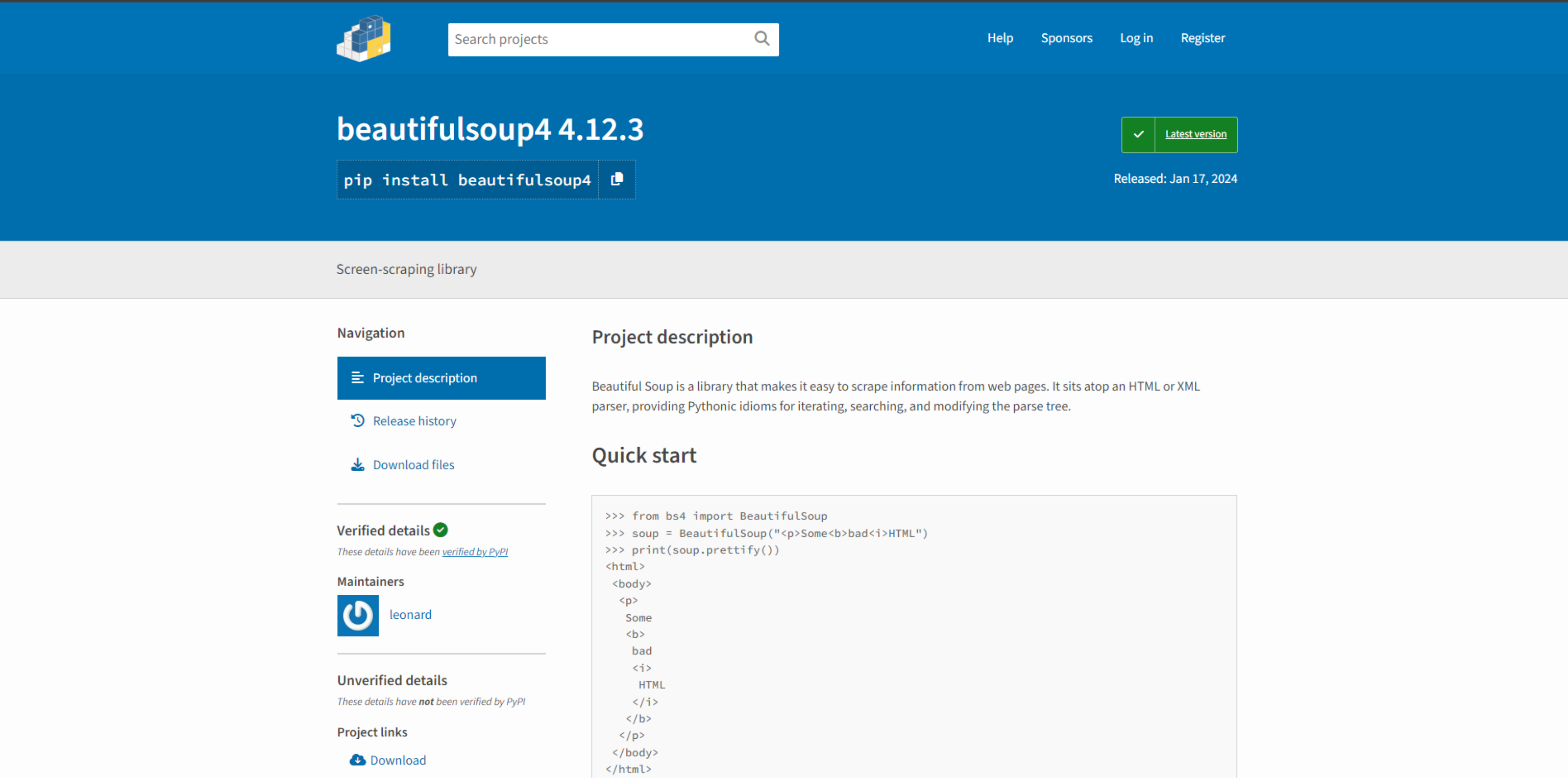
If you’re tech-savvy, web scraping can be an effective method. Tools like Python’s BeautifulSoup or Scrapy can help you extract email addresses from university websites.
Tools:
Note: Ensure you comply with legal and ethical guidelines when using web scraping techniques. Always respect the terms of service of websites to avoid legal issues.
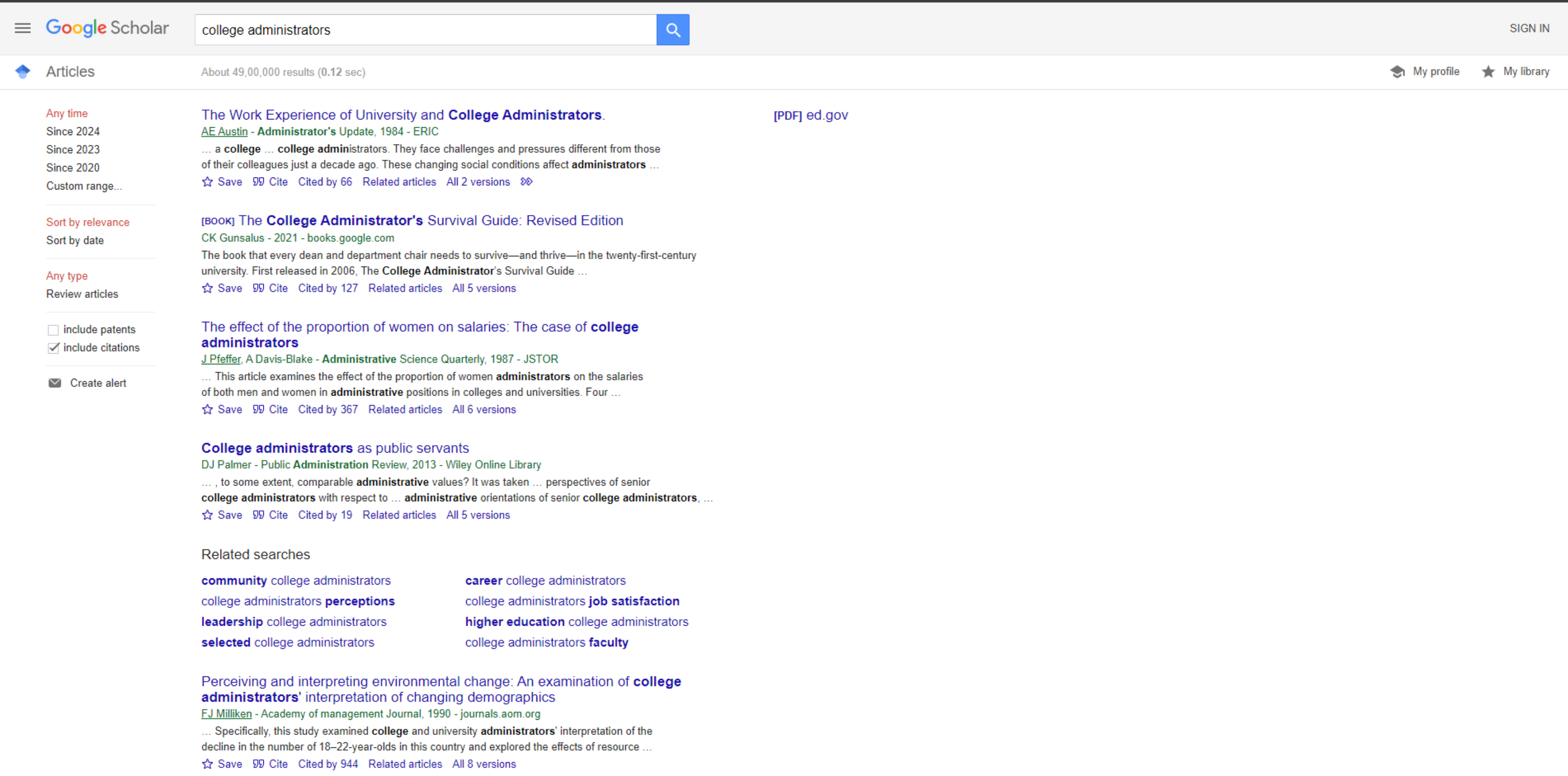
Researchers and faculty members often publish their contact information in academic journals.
Steps:
By exploring academic journals, you can connect with thought leaders and experts in specific fields.
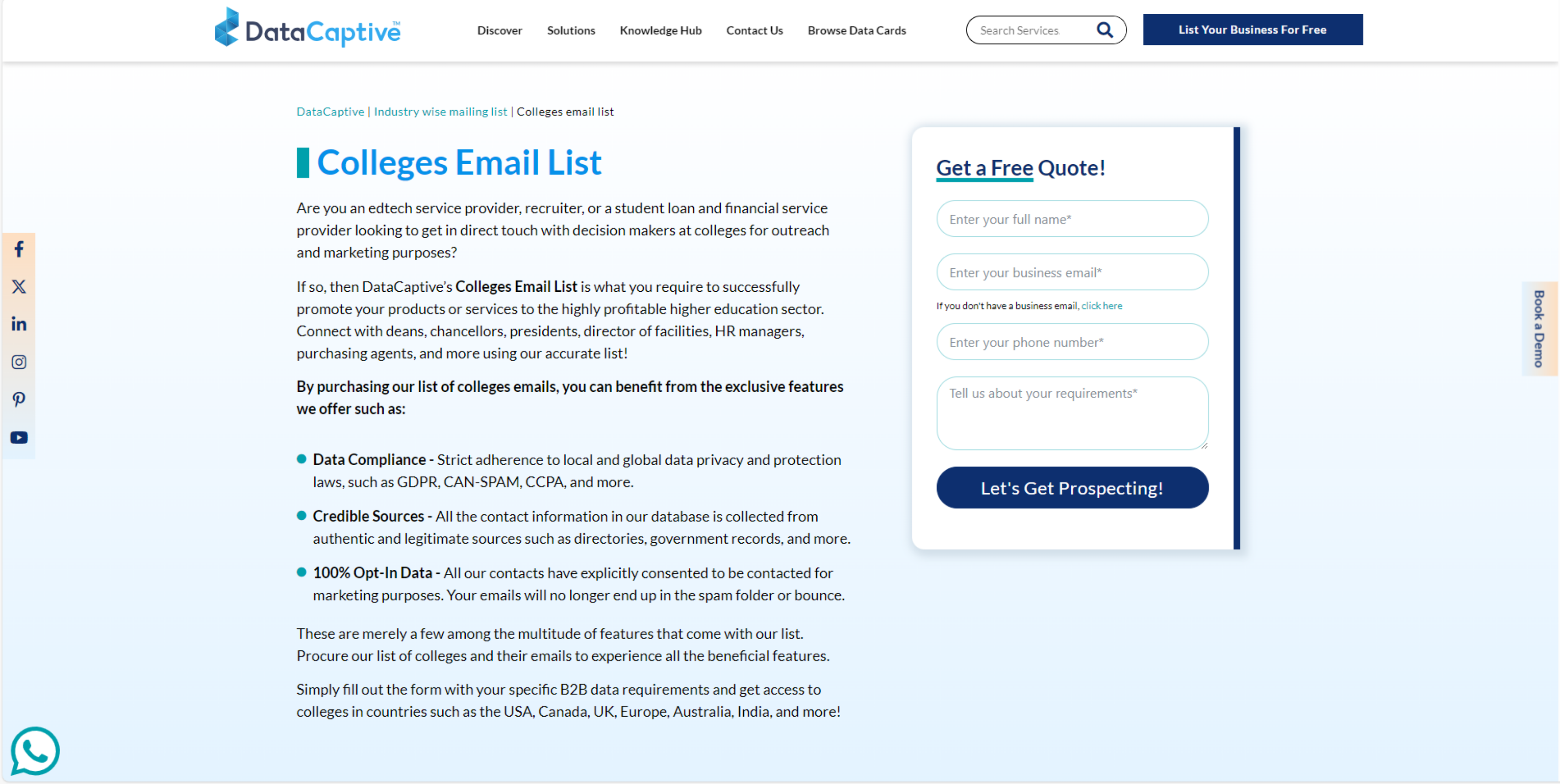
If you’re looking for a more straightforward, reliable, and time-efficient way to access college and university email lists, DataCaptive is a top recommendation. DataCaptive is a leading provider of verified email lists, including contact details for colleges, universities, faculty, staff, and even students. While some methods may be time-consuming or require technical skills, DataCaptive provides an all-in-one solution that offers accuracy and compliance.
Step-by-Step Guide: How to Use DataCaptive to Customize and Acquire College Email Lists
Ready to drive more conversions? Buy our custom-made college and university email list to reach potential customers based on specific locations, industries, job titles, and more.
DataCaptive is a great option if you want a comprehensive and verified list without the hassles of manual compilation or legal concerns. While other methods may be free, the efficiency, accuracy, and compliance offered by DataCaptive make it a worthwhile investment for businesses, organizations, and individuals serious about academic engagement.
Incorporating DataCaptive into your strategy ensures you have access to high-quality, reliable contact information that can significantly enhance your marketing, networking, or informational outreach. It’s a super-efficient and recommended approach for those who seek a more streamlined and professional way to build their email list.
Once you’ve compiled your list, it’s crucial to use it effectively:
Personalize Your Emails
Personalized emails are more likely to be opened and read. Use the recipient’s name and tailor the content to their interests or needs to increase engagement.
Follow Legal Guidelines
Ensure you comply with laws like the CAN-SPAM Act in the U.S. or GDPR in Europe. This includes providing an option to unsubscribe and not sending unsolicited emails.
Monitor and Analyze
Use email marketing tools to monitor the performance of your campaigns. Track open rates, click-through rates, and other metrics to refine your strategy.
Don’t Miss Out! Receive sample email list of College and University to assess the quality and accuracy of contacts before committing to a full purchase.
Finding a list of college and university emails for free is entirely possible with the right approach. Whether you choose to explore university websites, use Google search techniques, or tap into social media and online communities, the methods outlined in this guide will help you achieve your goals. Remember to use the email lists responsibly and ethically.
By following these steps, you can build a valuable resource for marketing, networking, and information dissemination. With dedication and strategic planning, you can harness the power of academic email lists to drive meaningful engagement and growth. Happy emailing!
Ready to drive more conversions? Buy our custom-made Colleges email list to reach potential customers based on specific locations, industries, job titles, and more.
A list of college and university emails can be valuable for several reasons. It allows you to target students and academic staff with tailored marketing campaigns, facilitating promotions of products or services. Additionally, such lists are useful for networking and collaboration, helping researchers and educators connect with peers for academic partnerships or job opportunities. For non-profits and governmental organizations, these lists provide a direct channel for disseminating important information and running awareness campaigns effectively.
Yes, there are legal considerations to keep in mind. It is crucial to comply with regulations such as the CAN-SPAM Act in the U.S. and GDPR in Europe. Ensure that your emails include an unsubscribe option and that they are sent only to recipients who have consented to receive them. It is also important to respect privacy and avoid using email addresses obtained through unethical means or without proper consent.
To ensure accuracy, regularly update your email list to remove invalid or outdated addresses. Using email verification tools can help confirm the validity of email addresses, reducing bounce rates and improving the effectiveness of your outreach efforts.
DataCaptive offers a comprehensive and verified database of email addresses for colleges and universities. It provides customizable options, allowing you to tailor email lists based on criteria such as location, department, or institution size. DataCaptive ensures compliance with data privacy regulations and offers accurate, up-to-date contact information.
DataCaptive offers efficiency by providing quick access to verified lists without the need for manual compilation. It reduces the risk of encountering outdated or incorrect addresses, ensuring higher accuracy in your campaigns. Although not free, DataCaptive provides excellent value for the quality of data, making it a cost-effective option in the long run.
To maximize effectiveness, personalize your emails by tailoring content to the recipient’s interests or needs. Ensure compliance with relevant regulations to avoid legal issues. Additionally, use email marketing tools to monitor metrics such as open rates and click-through rates, which can help refine your strategy.
Get a Sample Email List
Show Some Love!

Subscribe to Our Newsletter
Stay updated with the latest tips and strategies. Get additional discounts and alerts on offers.
Related Articles
Subscribe to Newsletter
Stay up to date with the latest marketing, sales, and service tips and news.
Share your requirements, and we’ll provide a tailored list to maximize your impact with the right contacts!

FILL IN YOUR DETAILS TO REQUEST A CALLBACK
You may also be interested in:
Access accurate personal emails and direct numbers for improved outreach.
